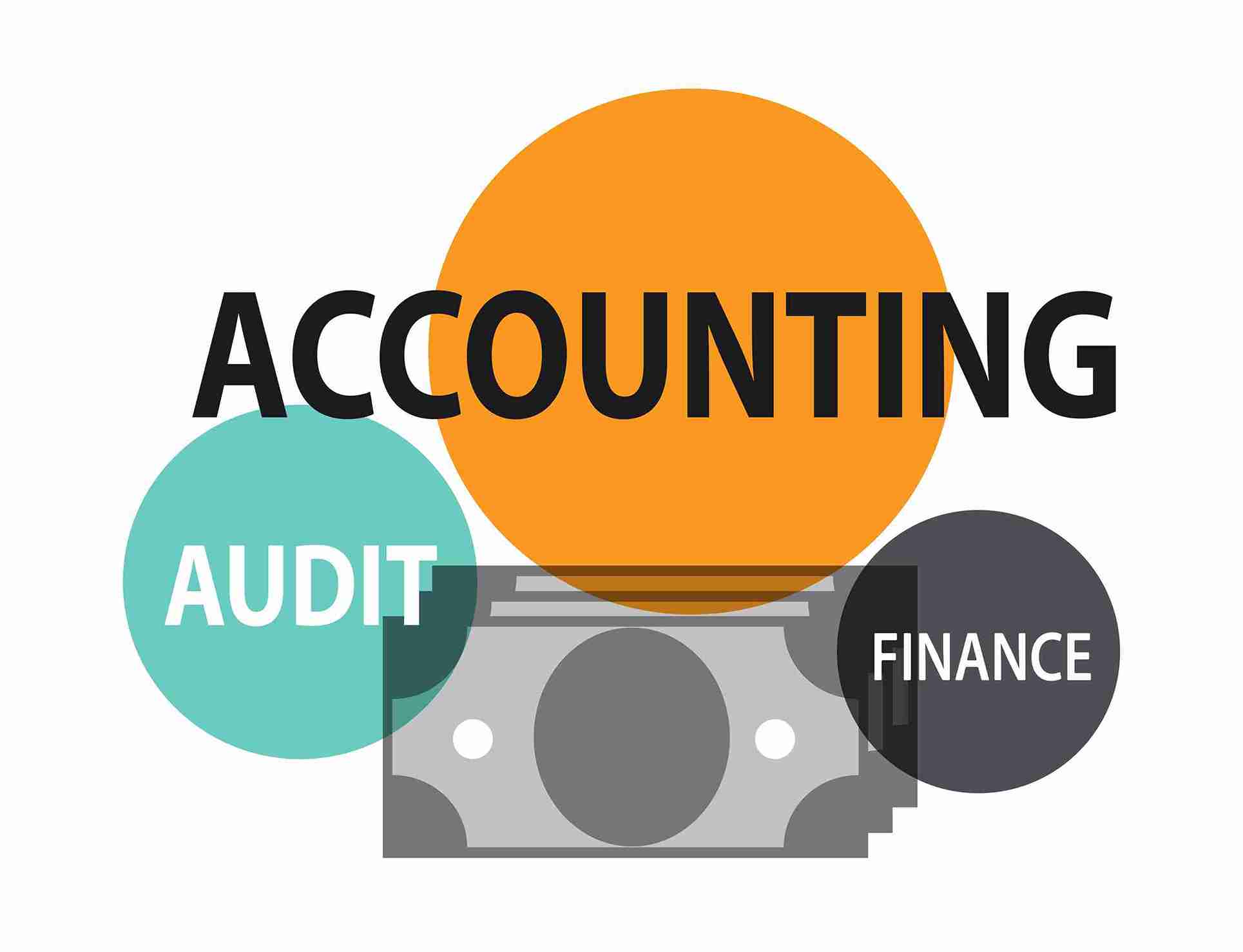Interviewers often ask about short-term and long-term goals to understand not just where a candidate is today, but where they see themselves in the future. The answer helps recruiters evaluate clarity of thought, career vision and whether the individual’s aspirations align with the company’s direction.
While it may look like a simple question, it is actually a test of planning, ambition and self-awareness. A vague or unstructured response can make an applicant appear unprepared, whereas a clear, thoughtful answer creates confidence and leaves a lasting impression.
In this blog, we will break down the purpose behind this question, tips to frame a professional answer, sample responses for freshers and experienced professionals and related FAQs.
Why Do Interviewers Ask About Goals?
At first glance, the question about short-term and long-term goals might seem simple. However, recruiters ask it with a very specific purpose. They want to go beyond a candidate’s qualifications and explore what truly drives them, how they think about the future and whether they can grow with the organization. Here are the key reasons behind this question:
1. To Assess Career Clarity
Employers look for individuals who know where they are headed. A candidate who clearly defines short-term goals, such as improving specific skills and long-term goals, such as moving into leadership roles, shows that they have a sense of direction. This indicates that the person is serious about their career rather than just looking for a job to fill time.
2. To Check Alignment With The Role
A company wants employees whose aspirations are in line with what the role can actually offer. For example, if someone applying for a marketing role says their long-term goal is to become a research scientist, it immediately raises doubts about their suitability and commitment. On the other hand, if a candidate talks about wanting to grow into brand management or digital strategy, it assures the interviewer that the job is a logical step in their journey.
3. To Evaluate Motivation And Ambition
Ambition is a quality that many organizations value because it often translates into better performance. When candidates speak passionately about where they see themselves in the next few years, it shows drive and determination. Interviewers use this to separate average applicants from those who are willing to go the extra mile to succeed.
4. To Predict Retention And Stability
Hiring and training employees requires significant investment. If a candidate’s goals suggest they will leave the company in a short time or switch industries altogether, employers may hesitate. But when the goals indicate growth within the company, such as moving from an executive to a manager role over time, it signals stability and long-term contribution.
5. To Judge Planning Skills And Self-Awareness
This question also reveals how realistic a candidate is about their own strengths and limitations. Someone who says their short-term goal is to improve technical expertise and their long-term goal is to lead a team, shows both awareness and planning ability. Employers prefer individuals who not only dream big but also understand the steps needed to achieve those dreams.
15 Best Sample Answers
1. Generic Professional Answer
“In the short term, my main focus is on learning the day-to-day responsibilities of this role and building a strong foundation of practical knowledge. I want to enhance my professional skills, adapt quickly to the work culture and contribute meaningfully to the projects I am assigned. In the long run, I aspire to step into a leadership position where I can take bigger responsibilities, mentor team members and contribute to the company’s long-term success with strategic inputs.”
2. Fresher In Engineering
“My immediate goal is to strengthen my technical skills by working on real-time projects, exploring advanced programming, and gaining practical exposure to industry tools. I also want to develop problem-solving abilities that help me become a valuable contributor to the team. Looking at the long term, I see myself becoming an expert in emerging technologies such as cloud computing, cybersecurity and AI. Eventually, I aim to lead innovation-focused projects and guide junior developers entering the field.”
3. Marketing Professional
“In the short term, I aim to deepen my knowledge of digital marketing trends, consumer behavior analysis and brand-building strategies. I want to get hands-on with campaign management, SEO and performance metrics to deliver measurable results. Over time, my long-term ambition is to grow into a marketing leadership role where I can manage brand portfolios, oversee creative campaigns and build strong brand identities that create lasting value for both customers and the organization.”
4. Finance/Accounting Candidate
“My short-term goal is to gain a deeper understanding of company financial systems and master tools that help in accurate forecasting, budgeting and reporting. I want to be someone who adds value to decision-making with solid financial insights. Over the long term, I envision moving into a senior role such as Finance Manager or CFO, where I can design financial strategies, manage large teams and ensure the financial health of the company while driving growth.”
5. HR Professional
“In the short term, I want to enhance my expertise in recruitment, training and employee engagement while understanding how HR functions align with organizational goals. I also wish to build stronger communication and conflict-resolution skills to support employees effectively. For the long term, I aspire to move into a senior HR leadership position where I can design impactful policies, create a positive workplace culture and implement long-term workforce strategies that help the company scale.”
6. Sales/Business Development Professional
“My short-term goal is to familiarize myself with the company’s products, customer base and industry trends so I can close deals more effectively. I also aim to sharpen my negotiation skills and develop stronger client relationships. Over the long term, I see myself moving into a senior sales leadership role where I can design sales strategies, mentor junior professionals and play a direct role in expanding the company’s market presence globally.”
7. Project Management Aspirant
“In the immediate term, I want to strengthen my skills in project planning, time management and team collaboration while delivering quality outcomes within deadlines. I am eager to learn the nuances of coordinating across teams and managing resources effectively. In the long run, my ambition is to lead large-scale projects, handle multi-functional teams, and contribute to shaping the company’s project management practices at a strategic level.”
8. MBA Graduate
“My short-term plan is to gain exposure to real-world business problems by working on diverse projects in marketing, operations or finance. I want to apply my academic learning in practical situations and broaden my industry knowledge. Looking ahead, my long-term goal is to grow into a senior managerial role where I can contribute to organizational growth through leadership, strategic decision-making, and global business expansion.”
9. Teacher/Education Professional
“My immediate goal is to improve my teaching methods by adopting innovative tools such as digital learning platforms and interactive techniques to keep students engaged. I also want to create a learning environment that builds confidence and curiosity among students. In the long run, my ambition is to take up leadership roles in the education sector, such as heading an institution or leading curriculum design, where I can mentor young teachers and influence education policies.”
10. Healthcare Professional
“My short-term goal is to enhance my clinical expertise by learning from senior professionals and gaining hands-on experience across different departments. I also want to improve my ability to balance patient care with technical precision. Over time, my long-term goal is to specialize in my chosen field, contribute to healthcare innovation, and eventually take on leadership responsibilities where I can train upcoming medical professionals and contribute to research.”
11. Data Analyst/Business Analyst
“In the short term, I aim to sharpen my data visualization and reporting skills using tools like Power BI and Tableau while ensuring my analysis directly helps business teams make informed decisions. I also want to improve my storytelling ability to communicate insights more clearly. In the long term, I see myself evolving into a senior analytics role, perhaps as a Data Scientist or Analytics Manager, where I can influence strategic planning with predictive modeling and advanced data insights.”
12. Content Writer/Communication Specialist
“My short-term focus is on refining my writing, editing and SEO optimization skills to create content that adds measurable value to brand visibility. I want to develop a better understanding of audience psychology and digital platforms. For the long term, I aspire to move into a content leadership role where I can manage editorial teams, develop content strategies and contribute to building a strong brand voice that resonates with audiences globally.”
13. Entrepreneurial Mindset Candidate
“My short-term goal is to learn everything I can about business operations, customer management and industry best practices while contributing effectively to this role. I believe this practical exposure will help me build a strong business sense. Over time, my long-term goal is to use that knowledge to either take up senior leadership positions or start my own venture, where I can apply creativity, innovation and leadership to scale a business from the ground up.”
14. Customer Support
“My immediate goal is to gain a solid understanding of customer needs, improve my conflict-resolution skills, and build trust with clients by providing excellent service. I also want to learn how to handle high-pressure situations while maintaining professionalism. In the long run, I aim to take on leadership positions within client relations where I can guide teams, develop customer engagement strategies, and ensure that service delivery strengthens the company’s reputation.”
15. Creative/Design Professional
“In the short term, I want to refine my design skills by experimenting with new tools, working on real-time client projects, and learning how to balance creativity with commercial goals. I also want to strengthen my portfolio by working on diverse assignments. For the long term, my ambition is to become a creative director or design lead, where I can mentor junior designers, shape creative campaigns, and drive innovative design strategies that make a strong brand impact.”
Tips To Answer Short-Term And Long-Term Goals Question
Answering this interview question is not about giving random career dreams, but about showing focus, alignment and ambition. Here are five practical tips to frame a smart response:
1. Align Goals With The Job Role
The most effective answers are the ones that connect directly to the position. When a candidate talks about short-term goals such as mastering job responsibilities and long-term goals like moving into leadership within the same field, it shows clear alignment. Employers prefer candidates who see the role as part of their bigger career plan rather than a temporary stop.
2. Keep Short-Term Goals Realistic
Interviewers expect candidates to be practical about what can be achieved in the first year or two. Instead of saying something vague like “I want to become a manager immediately,” focus on achievable goals such as improving technical knowledge, learning company processes and delivering measurable results. This creates an impression of maturity and responsibility.
3. Show Ambition In Long-Term Goals
Long-term goals are where ambition comes into play. These should highlight leadership potential, expertise in a niche area, or contribution to company growth. For example, a candidate may say they want to specialize in digital transformation or lead a department in the next five years. Ambition, when presented realistically, shows employers that the candidate plans to stay and grow with the organization.
4. Professional Growth With Personal Development
A strong answer does not only focus on titles or promotions. It also reflects soft skills, leadership qualities and overall growth. For instance, mentioning goals such as becoming a strong mentor, improving public speaking or building effective collaboration skills shows a holistic approach to career planning.
5. Keep It Flexible And Adaptable
Careers rarely follow a fixed script. Instead of sounding rigid, candidates should frame their goals in a way that shows adaptability. Using phrases like “I aim to” or “I am working towards” conveys that while the candidate has a direction, they are open to opportunities and changes that come with experience. Flexibility demonstrates resilience and forward thinking.
Conclusion
Answering “What are your short-term and long-term goals?” is more than just listing career aspirations. It is about showing focus, ambition and alignment with the role. A well-prepared answer can reassure employers that a candidate is serious about growth, realistic in their approach and motivated to contribute in the long run. Whether discussing immediate learning goals or future leadership ambitions, what matters most is balance, clarity and adaptability. With the right preparation, this question becomes an opportunity to leave a strong and lasting impression in any interview.
Related reads:
FAQs
Q1. Why do interviewers ask about short-term and long-term goals?
A- They want to check if the candidate has clarity, vision and realistic expectations, along with alignment to the company’s future growth.
Q2. What is a good short-term career goal to mention in an interview?
A- A strong short-term goal could be mastering the role’s responsibilities, improving technical knowledge or delivering measurable results within the first year.
Q3. How can long-term goals be framed without sounding overambitious?
A- Focus on growth areas like leadership, specialization or contributing to company expansion instead of unrealistic claims such as becoming CEO in a few years.
Q4. Should freshers also talk about long-term goals?
A- Yes, freshers should highlight their eagerness to learn in the short term and show a vision for growth, such as taking on responsibility or becoming a subject matter expert over time.
Q5. Can personal goals be included in the answer?
A- Only if they are relevant to career growth. For example, improving communication or leadership skills is acceptable, but personal hobbies or unrelated goals should be avoided.
Q6. What is the biggest mistake to avoid in this answer?
A- Being vague, unrealistic or giving goals that do not align with the role. This creates doubt about the candidate’s seriousness and suitability.






 Facebook
Facebook Instagram
Instagram Twitter
Twitter